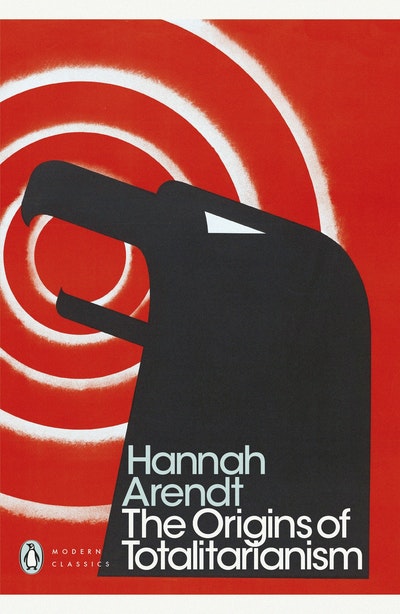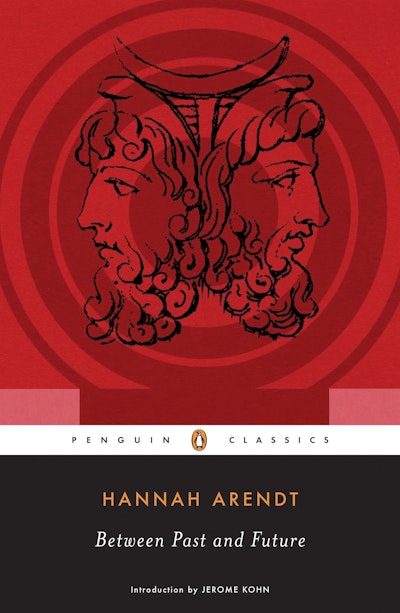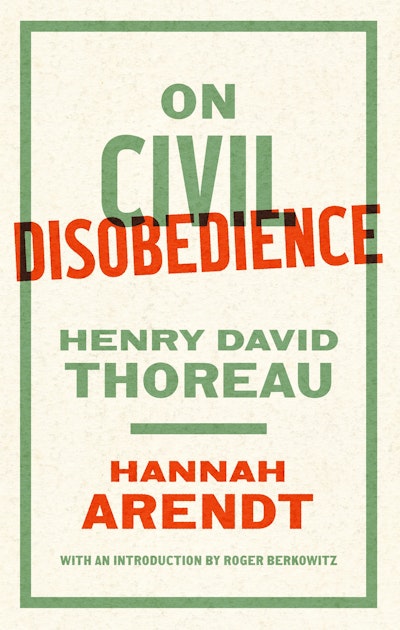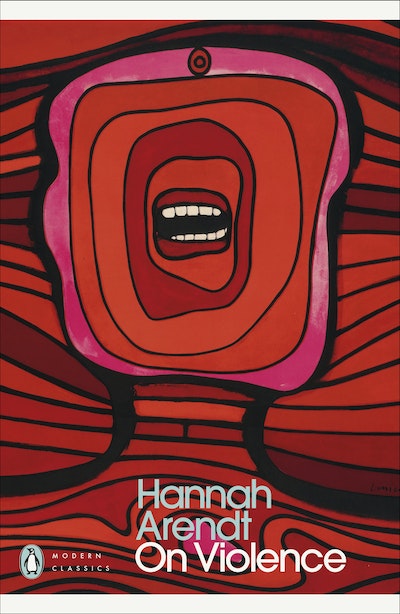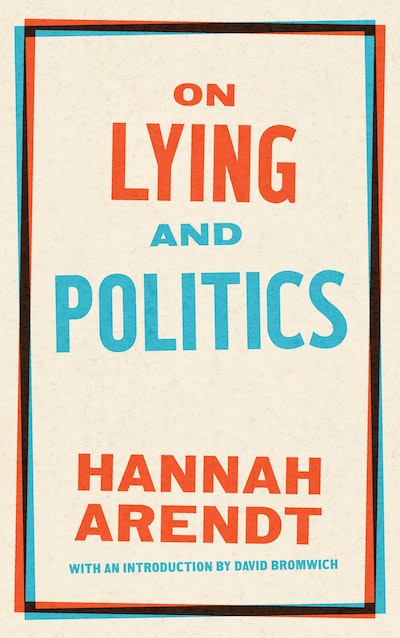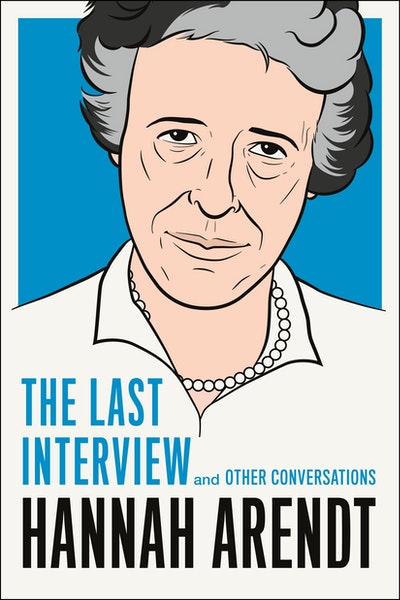- Published: 30 March 2017
- ISBN: 9780241316757
- Imprint: Penguin Classics
- Format: Paperback
- Pages: 752
- RRP: $30.00
The Origins of Totalitarianism
- Published: 30 March 2017
- ISBN: 9780241316757
- Imprint: Penguin Classics
- Format: Paperback
- Pages: 752
- RRP: $30.00
A kind of nonfiction bookend to Nineteen Eighty-Four
The New York Times
Perhaps Arendt's most profound legacy is in establishing that one has to consider oneself political as part of the human condition. What are your political acts, and what politics do they serve?
Zoe Williams, Guardian
How could such a book speak so powerfully to our present moment? The short answer is that we, too, live in dark times, even if they are different and perhaps less dark, and Origins raises a set of fundamental questions about how tyranny can arise and the dangerous forms of inhumanity to which it can lead
Washington Post
A vivid account of the system of concentration and death camps that Arendt believed defined totalitarian rule
Jeffrey C. Isaac, The Washington Post
Remarkable for us, no doubt, is Arendt's conviction that only philosophy could have saved those millions of lives
Judith Butler, Guardian
Her masterpiece ... Arendt's inquiry into the elements of totalitarian domination teaches us we must never let go of the fear of totalitarian government
Los Angeles Review of Books
Her greatest work is this 1951 classic ... More than any thinker it was Hannah Arendt who identified how those movements of ideas, racial theories, people and methods take place, showing how they fused with other forces - most notably European antisemitism - to shape and ultimately disfigure the twentieth century
David Olusoga, Guardian
